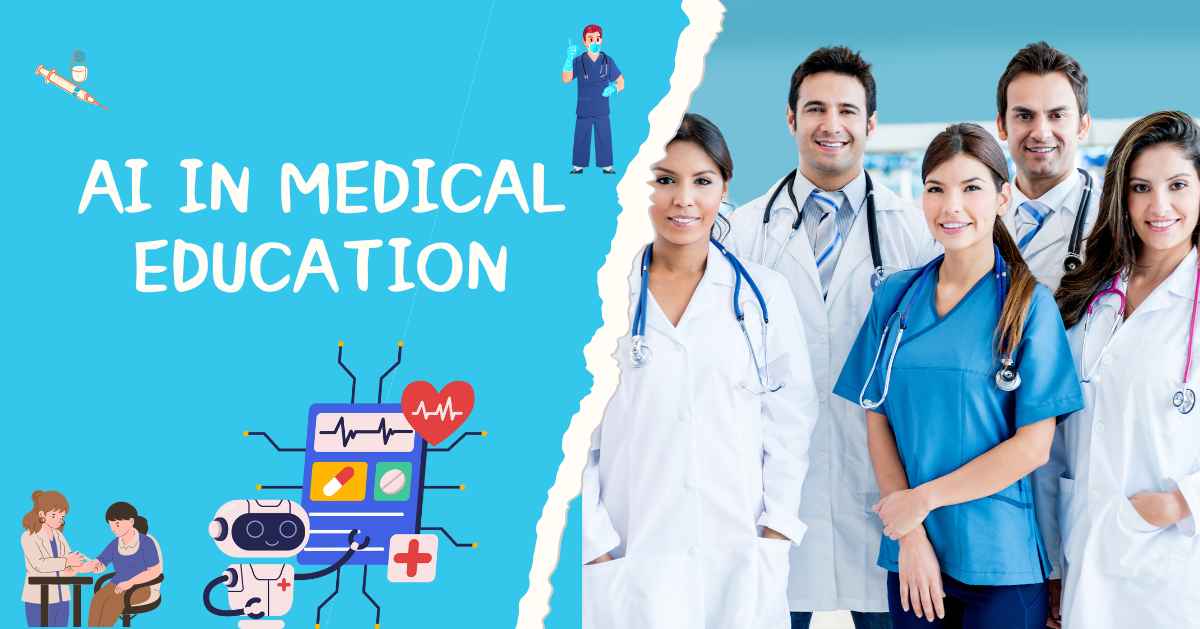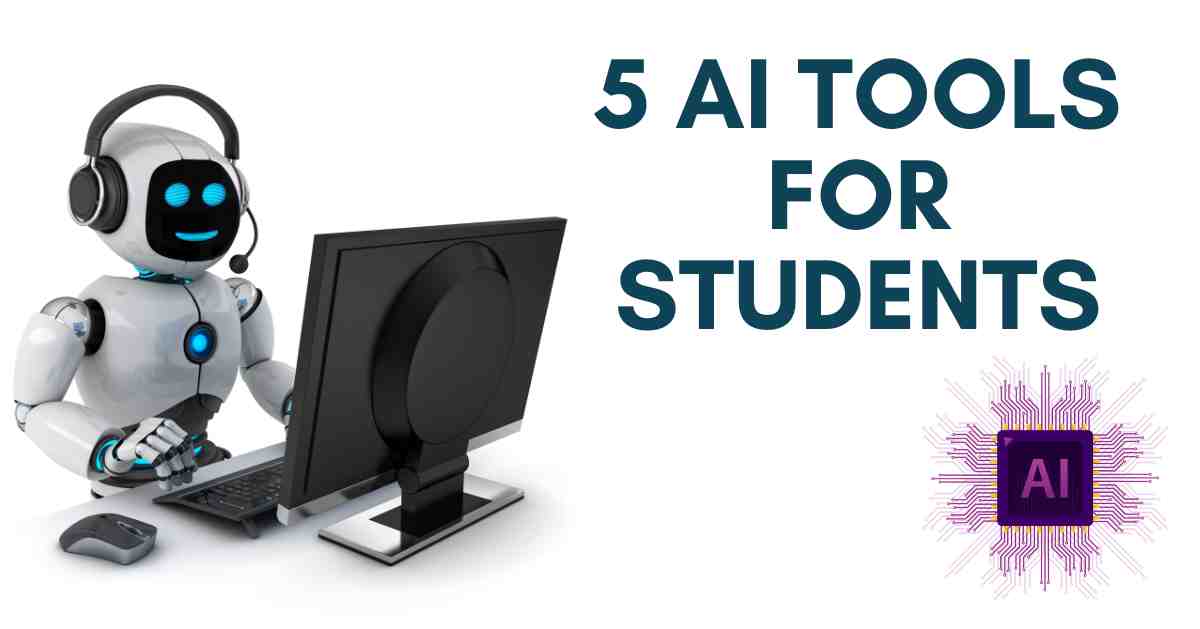The Transformative Impact of Artificial Intelligence in Medical Education

Artificial Intelligence (AI) is increasingly transforming the landscape of medical education and operations, offering innovative solutions that enhance learning experiences and streamline healthcare delivery. This article delves into the significant impact of AI in these areas, discussing practical applications, benefits, and implementation strategies.
AI in Medical Education
Personalized Learning and Intelligent Tutoring Systems
AI-powered intelligent tutoring systems (ITS) revolutionize medical education by offering personalized learning experiences. These systems analyze students’ interactions and progress, identifying strengths and weaknesses. By providing tailored exercises and feedback, ITS helps students master complex medical concepts more efficiently.
Implementation:
Platforms: Utilize AI-driven platforms like IBM Watson Tutor or Coursera’s AI courses, which offer personalized content and assessments.
Integration: Integrate these platforms into the medical curriculum to provide continuous, adaptive learning support.
Simulation-Based Learning with Virtual Patients
AI enhances simulation-based learning by creating realistic virtual patients. These AI-driven simulations mimic real patient behaviours and conditions, allowing students to practice clinical skills in a safe environment.
Implementation:
Virtual Simulations: Use platforms like SimX or Body Interact to incorporate AI-driven virtual patient simulations into the training program.
Scenarios: Develop a range of clinical scenarios to ensure comprehensive skill development.
Predictive Analytics for Student Performance
Predictive analytics powered by AI can forecast student performance and identify those at risk of underperforming. By analyzing data on attendance, participation, and assessment scores, AI provides insights for targeted interventions.
Implementation:
Data Collection: Gather comprehensive data on student activities and performance.
Analytics Tools: Employ AI tools to analyze this data and generate predictive insights.
Interventions: Develop support strategies based on predictive insights to assist struggling students.
[Read More: Step-by-Step Guide: Getting Ready to Teach with AI]
AI in Medical Operations
Streamlining Administrative Tasks
AI automates various administrative tasks, reducing the burden on healthcare staff and allowing them to focus on patient care. Tasks such as scheduling, billing, and patient record management can be efficiently handled by AI systems.
Implementation:
Automated Systems: Deploy AI-driven systems for scheduling, billing, and electronic health records (EHR) management.
Workflow Integration: Integrate these systems into the hospital’s existing workflow to ensure smooth operations.
Enhancing Diagnostic Accuracy
AI algorithms can analyze medical images and patient data to assist in accurate and timely diagnosis. AI systems, like those using deep learning, can detect patterns and anomalies that may be missed by human eyes.
Implementation:
Diagnostic Tools: Use AI-powered diagnostic tools, such as IBM Watson Health or Google DeepMind’s healthcare solutions.
Training: Train healthcare professionals to work alongside AI tools, ensuring they understand how to interpret and act on AI-generated insights.
Improving Patient Outcomes with Predictive Analytics
AI can predict patient outcomes by analyzing vast amounts of data from medical records, genetic information, and treatment histories. This predictive capability helps in creating personalized treatment plans.
Implementation:
Patient Data: Collect comprehensive patient data, including medical history, genetic information, and lifestyle factors.
AI Models: Implement AI models that can analyze this data to predict outcomes and suggest personalized treatments.
Clinical Decision Support: Use AI insights to support clinical decision-making, improving patient care.
[Read More: AI in Higher Education: A Step-by-Step Conference Overview]
Challenges and Ethical Considerations
While AI offers numerous benefits, it also presents challenges and ethical considerations. Data privacy and security are paramount, given the sensitive nature of medical information. Ensuring the transparency and fairness of AI algorithms is crucial to preventing biases and ensuring equitable outcomes.
Addressing Challenges:
Data Security: Implement robust data security measures to protect patient and student information.
Transparency: Ensure AI algorithms are transparent and explainable, allowing users to understand how decisions are made.
Ethical Guidelines: Develop and adhere to ethical guidelines that govern the use of AI in medical education and operations.
Future Directions
The future of AI in medical education and operations is promising, with continuous advancements expected to further enhance healthcare delivery. Emerging technologies such as augmented reality (AR) and virtual reality (VR), combined with AI, will offer more immersive learning experiences. Additionally, the ongoing development of AI-driven personalized medicine will likely influence medical training and operations, ensuring that healthcare professionals are equipped with cutting-edge knowledge and skills.
Conclusion
AI is set to play a pivotal role in transforming medical education and operations. By leveraging AI’s capabilities, medical institutions can enhance learning experiences, improve operational efficiency, and ultimately provide better patient care. Embracing AI in these domains is essential for keeping pace with the evolving healthcare landscape and ensuring optimal outcomes for both students and patients.
Note: The successful integration of AI in medical education and operations requires ongoing collaboration among educators, healthcare professionals, and policymakers to address challenges and maximize the benefits of these technologies.
FAQs
AI personalizes learning, enhances simulations, and predicts student performance, improving educational outcomes.
AI provides personalized tutoring, realistic simulations, and data-driven insights, enhancing the quality of health education.
AI improves diagnostics, streamlines administrative tasks, and enables personalized treatment plans, enhancing patient care.
AI assists in accurate diagnostics, automates tasks, and predicts patient outcomes, improving efficiency and care quality.
AI faces challenges with data privacy, algorithm transparency, and potential biases in decision-making.






